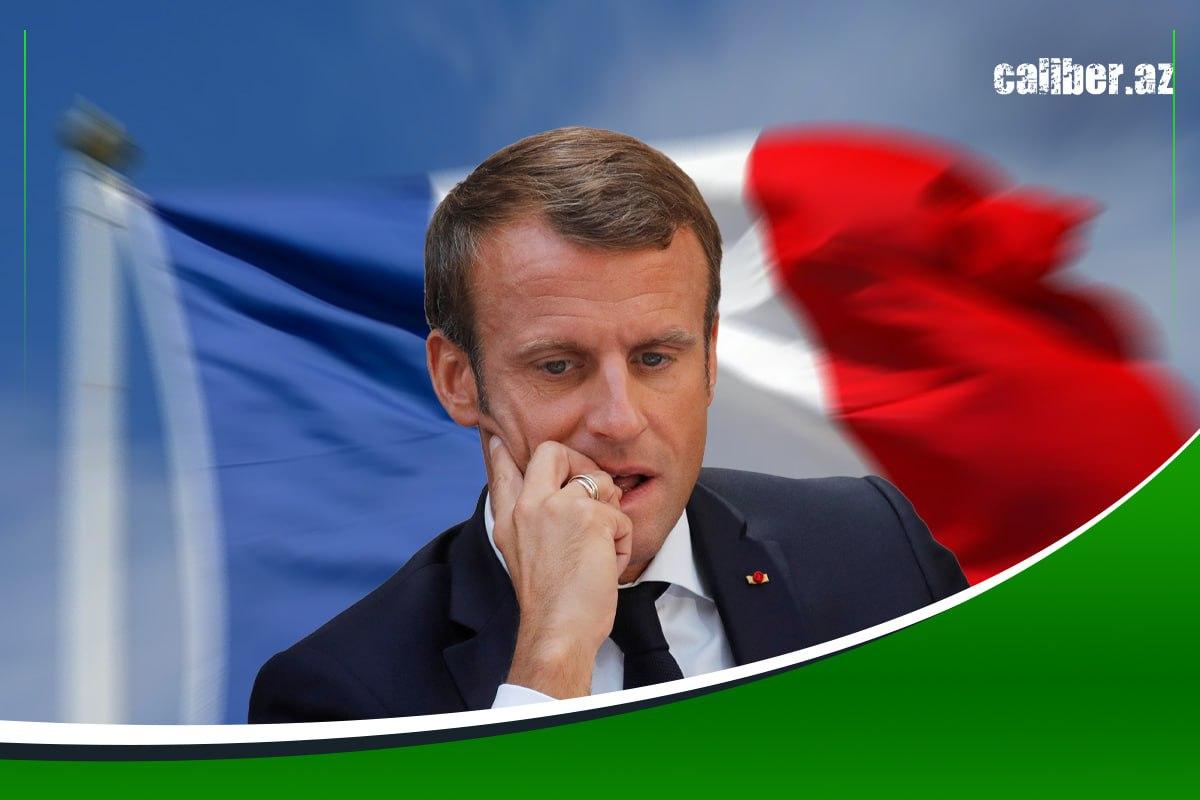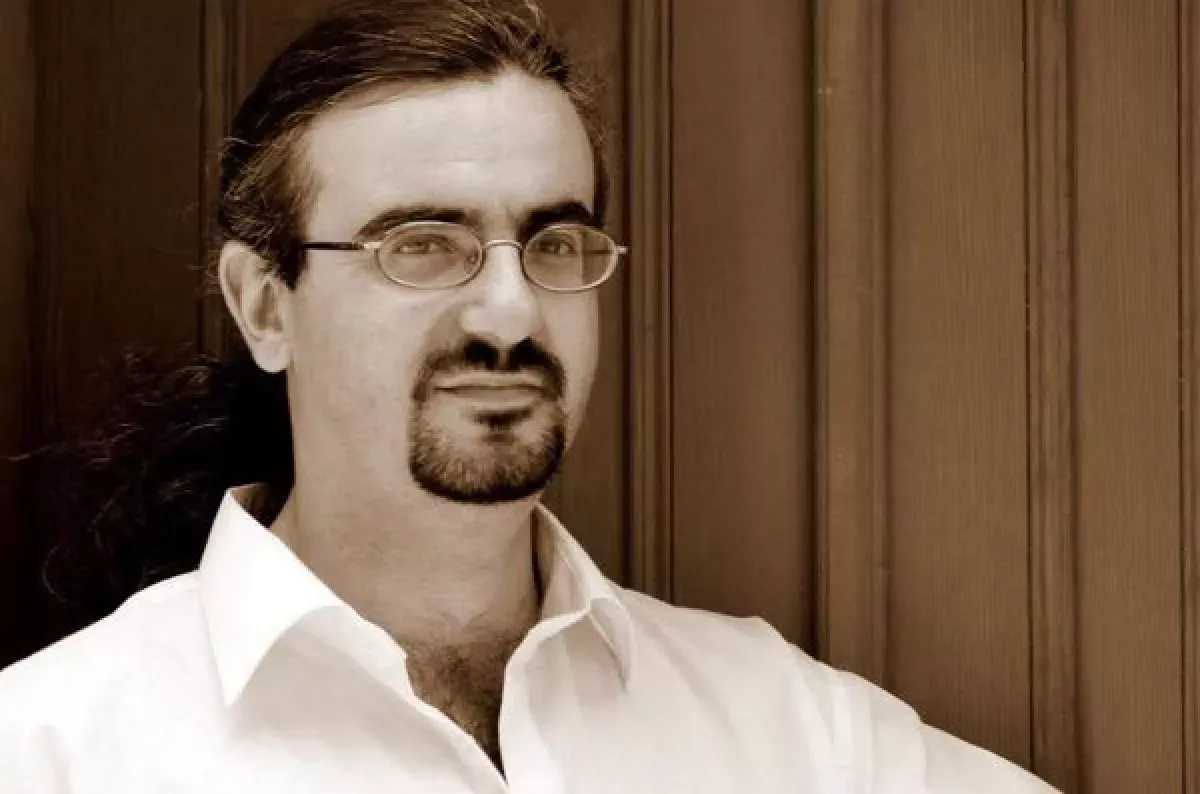“Israel has all the tools to strike French interests” Israeli analysts on Caliber.Az
“France is bracing for Israel to hit back hard after President Emmanuel Macron recognizes Palestinian statehood,” writes Politico, citing sources.
According to European officials and an expert familiar with the Israeli government’s position, “Israel is preparing multiple options.” These include accelerating the annexation of the West Bank, where the Palestinian National Authority operates. Among the potential measures are the closure of the French consulate in Jerusalem and steps affecting French-owned sites and territories in Israel, such as the Eleona Sanctuary—a site of Christian pilgrimage.
One European diplomat noted that the Jewish state “won’t stop at anything in terms of retaliation,” and that whatever happens, relations between France and Israel “will deteriorate significantly.”
What are the most extreme and severe measures Israel could take against Paris? Israeli political analysts answer this question for Caliber.Az.

A specialist on the Caucasus, the Islamic world, and the Middle East, as well as chairman of the Institute of Eastern Partnership (Jerusalem), Avraham Shmulevich, commented on Israel’s reaction to recent statements and steps taken by French President Emmanuel Macron. According to him, these developments provoked an extremely sharp and painful reaction in Israel.
“France’s position is perceived in Israel very harshly. The intention to recognise a Palestinian state is considered a deeply unfriendly move,” Shmulevich noted.
He also added that, in the view of many in Israel, it was precisely Macron’s stance that disrupted the process of freeing the hostages: “Israel was ready to sign an agreement, had made certain concessions, and Hamas had also agreed to release part of the hostages. But then Macron came forward with his statement about recognising the Palestinian state. Hamas saw this as a diplomatic victory, a signal that it could get more, and refused the nearly finalised deal. In Israel, this was perceived as a betrayal that condemned people to suffering and blocked their release.”
According to him, outrage in Israel stems not only from Paris’s actions themselves but also from France’s diplomatic weight, which Macron uses to incite other states against Israel.
“If Norway or Slovenia declare recognition of Palestine—that’s one thing. But if France does, it’s something else entirely. This is a nuclear power, a permanent member of the UN Security Council, a country of historical weight. Moreover, Macron declared that he is the driving force behind European recognition of Palestine. In other words, the Fifth Republic is actively pushing others to follow this course. That is why concern is growing in Israel, and tough retaliatory measures are being discussed,” the political analyst said.
He stressed that Israeli politicians have already made a number of statements: “For example, Israel’s foreign minister suggested that if a Palestinian state is to be created, why not in France or Spain? There are plenty of Arabs there. Of course, this was sarcasm, but real steps are also being discussed. In particular, the possible closure of the French consulate in East Jerusalem, which primarily serves the Arab population. This decision is already on Netanyahu’s desk.”
The expert also reminded of the specifics of French presence in Jerusalem: “Since Ottoman times, France has owned a number of Christian holy sites in Jerusalem. Israel has historically tolerated this, but now the question of their confiscation is being discussed. This does not mean banning pilgrims or monks, but property located on Israeli territory should be under Israel’s control. And that is logical. Imagine, for example, if a German church in Baku were controlled by Germany rather than the authorities of Azerbaijan—that would be absurd. In addition, there is the possibility of extending Israeli sovereignty over parts of the West Bank currently under military administration.”
According to Shmulevich, economic measures may also be on the table.
“Israel and France have cooperated in the fields of intelligence, security, and counterterrorism. The State of Israel may roll back these projects, which would also affect our interests, but France would lose more. It is already being pushed out of Africa. If this cooperation is terminated, the consequences for Paris will be serious,” the political analyst believes.

He stressed that a complete break in diplomatic relations is unlikely, but a reduction in the level of cooperation is very possible.
“A rupture of relations is an extreme measure, rarely used. Even warring states often maintain embassies. But Israel has already recalled ambassadors from Spain and Ireland, and a similar scenario with France is possible. In addition, on the agenda is limiting French influence in the region where Paris has traditionally had interests—particularly in Lebanon and Syria. The intelligence alliance between Israel and France could turn into confrontation,” Shmulevich noted, citing examples from the field of military cooperation.
“Anti-Israeli measures lead to the winding down of military cooperation. Europe loses more than Israel in this regard, since it depends on modern weaponry. Our military-industrial complex is one of the most advanced, and demand for it is enormous. Countries are lining up for our arms. Spain recently cancelled a supply contract, lost the money, and the weapons went to Morocco—with which Madrid does not have the best of relations. This is a model of what could happen with France,” he said.
According to him, Israeli society perceives Paris’s actions not merely as an unfriendly move, but as an existential threat.
“France is effectively encouraging terror and declaring diplomatic war on Israel. Under such conditions, Israel will not retreat and will respond harshly. Israel has all the tools to strike French interests. We have no choice—we exist in a hostile environment and are used to acting decisively. As the saying goes, in war as in war,” concluded Shmulevich.

Meanwhile, according to Israeli political analyst, journalist, and historian Mikhail Borodkin, the closure of the French consulate in Jerusalem and, more broadly, the downgrading of diplomatic relations—combined with a sharp reduction in cooperation in the fields of security and military technology—would be the most likely response to the French government’s anti-Israeli actions. This is partly because, if and when France changes its foreign policy course, all of these measures could be easily reversed.
“I think we can add to this restrictions on entry for French officials into Israel and the Palestinian Authority. As for attempts to seize French-owned property in Israel, that is the least likely scenario. Israel has an independent judicial system, and any political decision of that kind would immediately be challenged in court. While I am not a lawyer, I would assume the court would side with the property owners, since there are no real legal grounds for expropriation.
The annexation of the territories of Judea and Samaria would not be a response aimed only at France. It would be a broader step, which, I believe, would be taken in response to European sanctions—if the EU dares to escalate relations in this way. However, anything requiring unanimous approval of all EU member states will not be adopted, since a considerable number of European countries believe sanctions against Israel are unacceptable,” Borodkin said.








